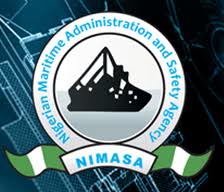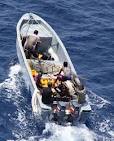Tackling Sea Piracy With Manpower Boost
Sea piracy has grown in Africa with impunity and have resulted in brutal encounters with trade ships and maritime security men who ply the sea routes of the world. Major world trade routes remain vulnerable to bloody encounters and incessant demands for huge bounty by this pirates. Their mastery of these routes, use of sophisticated weapons, powerful barges and the existence of the black market ensures their loots are safe and can be bought.
Down home the situation is not different as fierce attacks are carried out and become successful too with hundreds of millions lost. It is not surprising that Federal government has revealed that sea piracy is digging a big hole in its purse to the tune of NGN443 million annually.
Within February 2010 and February 2011, our territorial waters have been ravaged by unending sea robbery and piracy. Drawing from the maritime conference held in Akwa Ibom last week, the menace of sea piracy was discussed and statistics churned out. NIMASA, Nigeria’s apex regulatory agency put the count at over 102 armed robberies attacks and other related incidents with 80 lives lost and Lagos recording a chunk of these attacks.
We have not stopped harping on the need to boost and expand our regulatory capacity in our institutions. Since we cannot give what we don’t have, we will certainly be plagued by issues of sea piracy and the damage it does to our chances to bring in the needed foreign direct investment in our country.
While ship crews suffer questionable vulnerabilities in the cold hands of these pirates, this has open up gaps in our manpower/capacity to deal with this tough challenge. It shows that we are not meeting our manpower requirements in this critical area of industry. We will continue to suffer from these attacks until we meet the requisite manpower development needs.
For now, the need for international partnership to fill in the hurting gap brought about by unmet manpower requirements becomes crucial henceforth. A maritime strategic framework becomes critical to overcoming this challenge. Partnering our way through can help us fight piracy but sincerely the socioeconomic system that breeds such callous gangs of sea piracy has to be overhaul. Addressing inequality in the system is important here.








